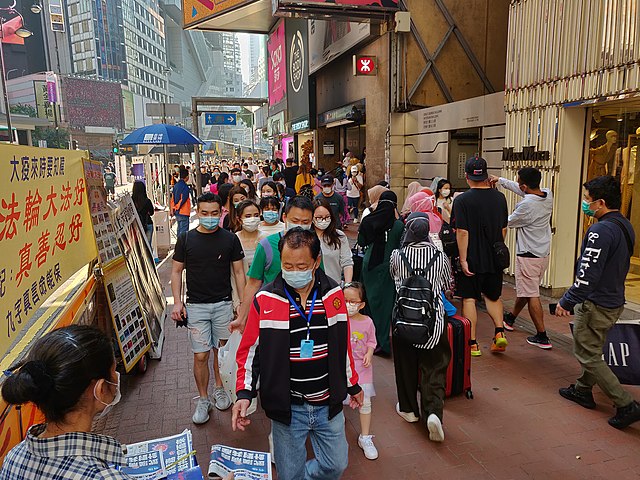A 33-year-old man tested positive for Covid-19 on 15 August, four months after recovering from the virus for the first time. The University of Hong Kong reported the first documented case of reinfection on Monday.
Upon returning from a trip to Spain, the man tested positive at Hong Kong airport. He was asymptomatic, but was admitted to hospital following the country’s procedure. The man first contracted the virus in late March and had recovered by mid-April. He experienced a fever, cough, headeaches and a sore throat.
This is the first documented case of reinfection, but similar claims without substantiation have been made. In those cases it was unclear whether it was a new infection or they still had the virus in their body from the initial infection.
Jeffrey Barrett, a consultant to the Covid-19 Genome Project at the Wellcome Sanger Institute, told The Guardian.
“Given the number of global infections to date, seeing one case of reinfection is not that surprising, even if it is a very rare occurrence. I think their ‘implications’ are far too broad given that they have seen just one instance,” he said.
A genomic sequence analysis determined that the virus strains were different, and it couldn’t be prolonged viral shedding. The original strain resembled that of the United States and England earlier on the year, while the second strain was closer to the strain circulating in Switzerland and England in July and August.
The findings suggest that Coronavirus might persist to exist worlwide just like common-cold human coronaviruses, even if patients have acquired immunity by natural infection before. This is due to the possibility of short lasting immunity.
The current research into antibodies seems to indicate that they can have a rapid decline after recovery. This could potentially leave the population at risk again weeks after convalescence.
Akiko Iwasaki, an immunologist at Yale University, told The New York Times.
“In order to provide herd immunity, a potent vaccine is needed to induce immunity that prevents both reinfection and disease,” she said.
“Natural infection created immunity that prevented disease but not reinfection,” she added.
The implications of these findings discourage a herd immunity approach and encourage vaccination for everyone regardless if one has recovered from the virus or not.
Photo: Hong Kong during the COVID-19 pandemic by Andrii Makukha available HERE and used under a Creative Commons Attribution. The image has not been modified.







